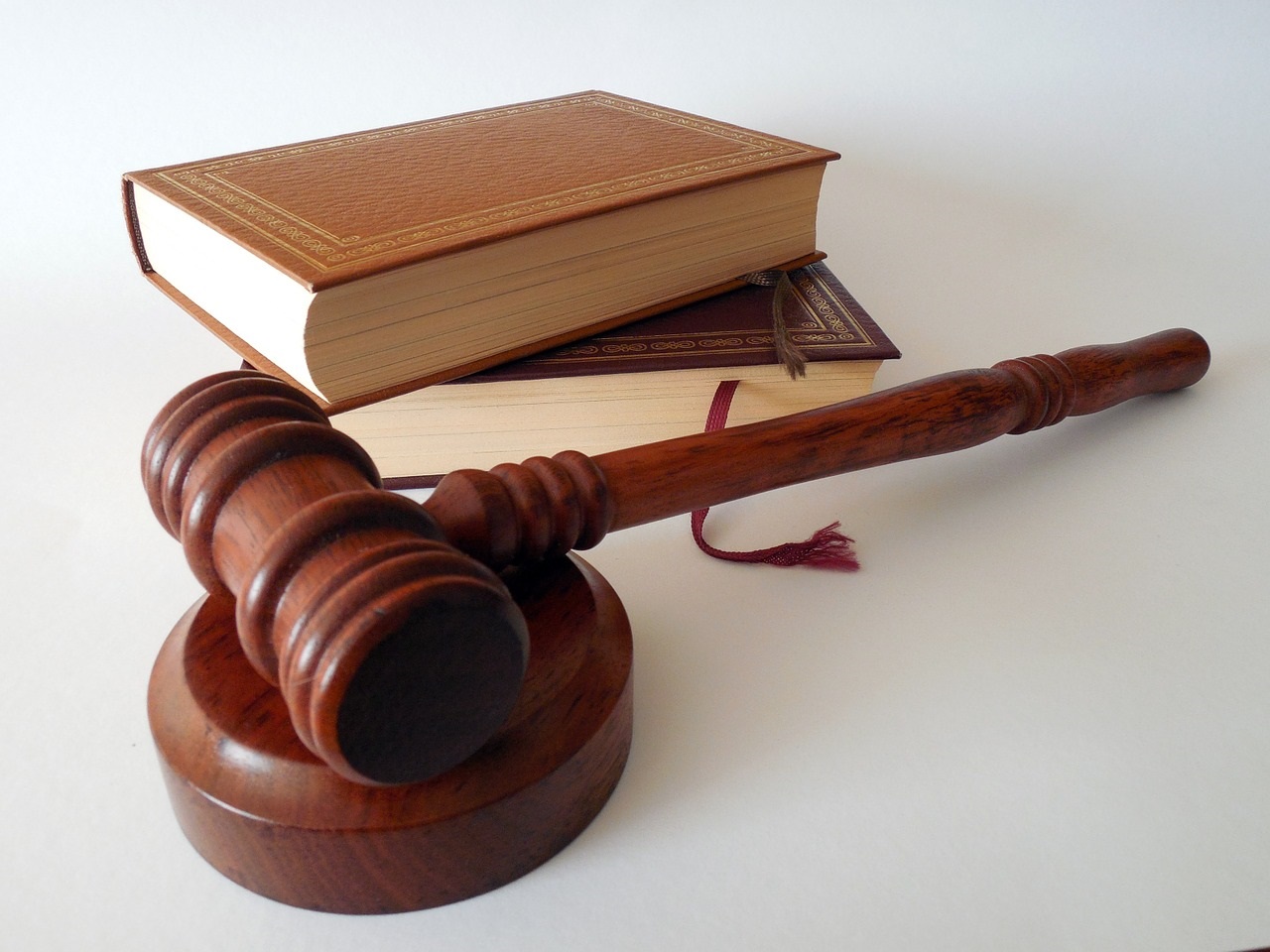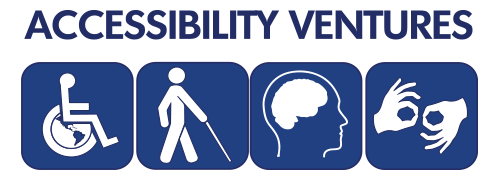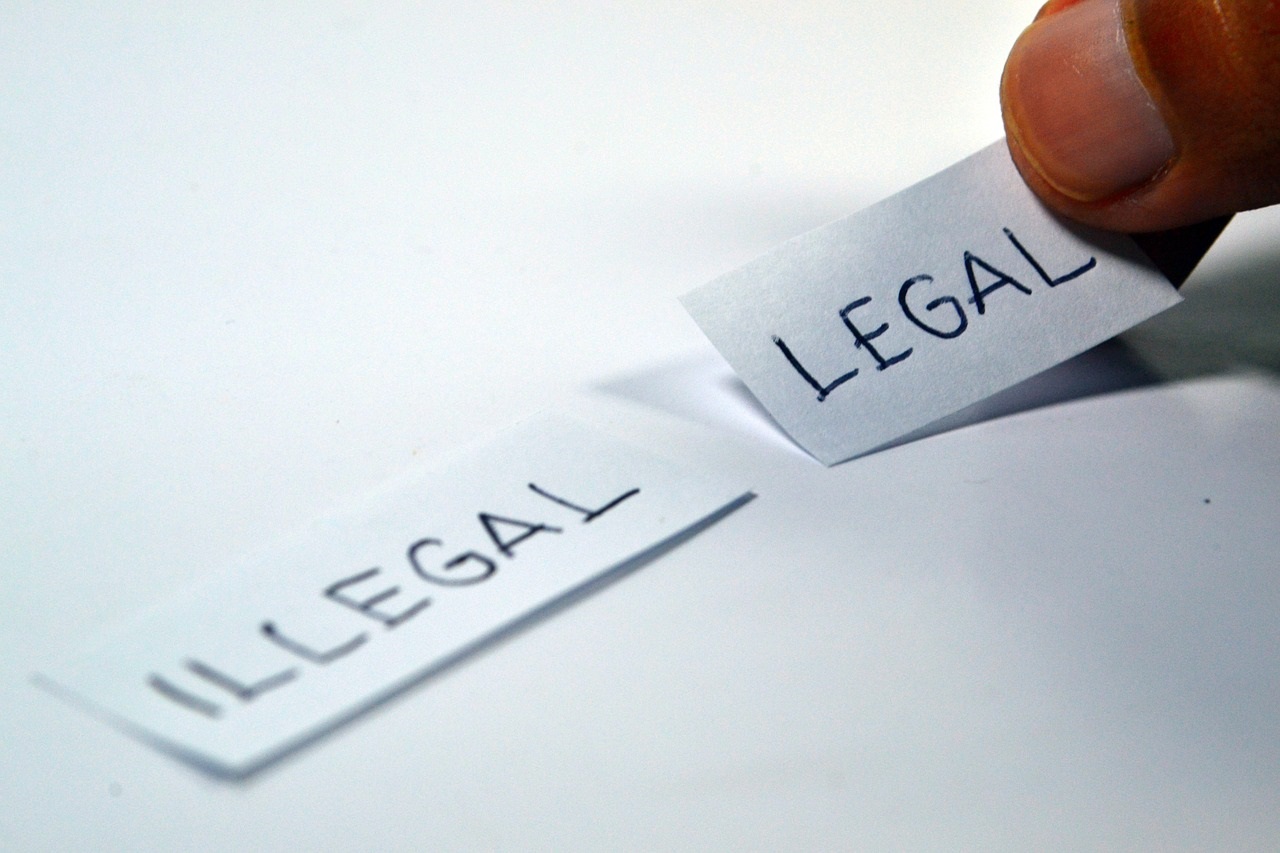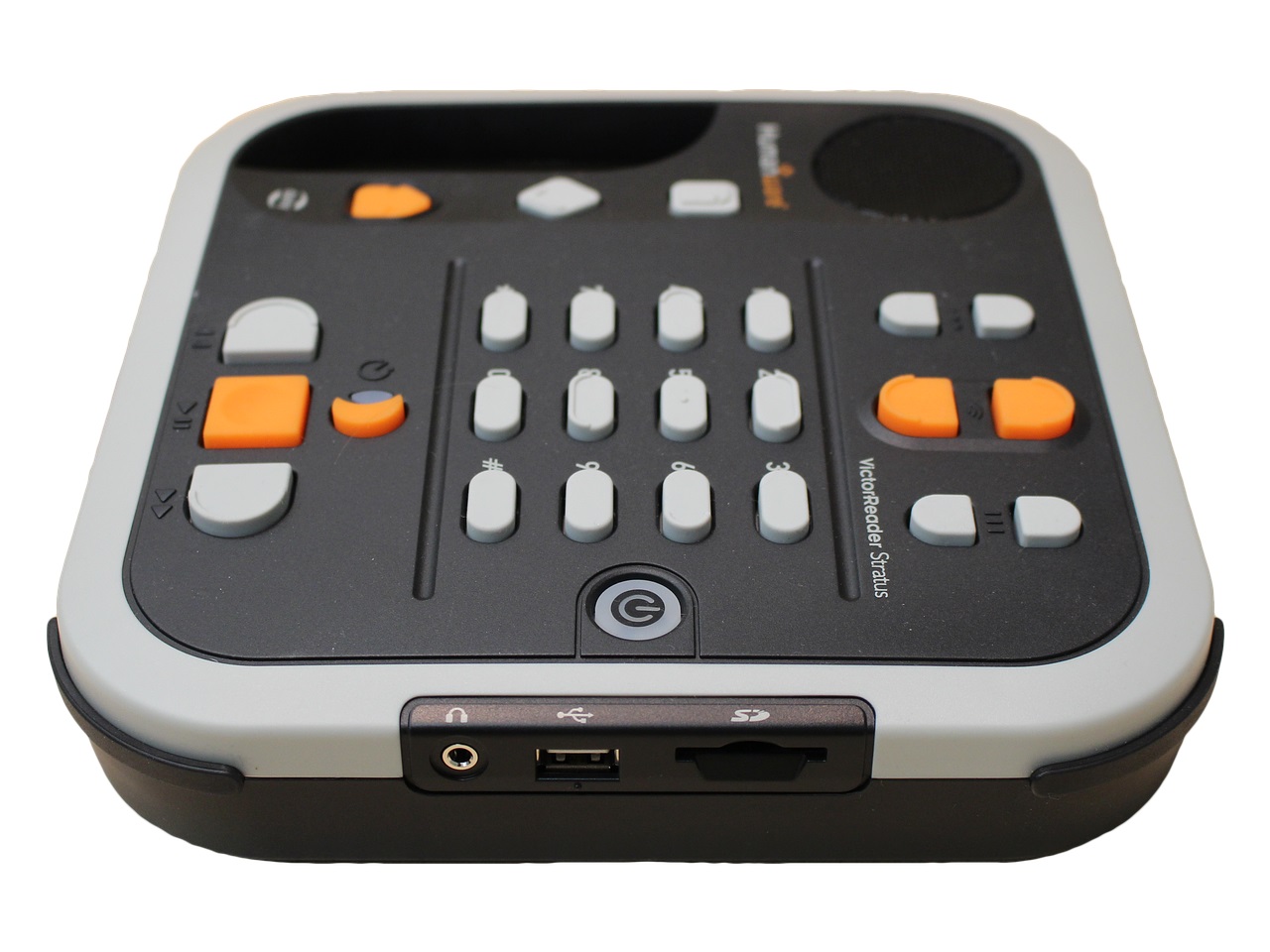
Website Accessibility Lawsuit
Is a website accessibility lawsuit a real thing? Yes, if your website is not built properly or does not have the right tools, you can be sued! Below is the information found on the American Disabilities Act (ADA) website. We’ve included some of the highlights about website accessibility lawsuits. To read the full information, go to: https://www.ada.gov/reachingout/lesson91.htm
ADA compliance
People with disabilities expect businesses to take positive steps to comply with the ADA. Businesses that do not take steps to comply may face legal consequences.
Several ways to obtain ADA compliance
The ADA gives people with disabilities the right to file lawsuits in Federal court and obtain Federal court orders to stop ADA violations. If you are sued by an individual and you lose the case, you may have to pay the winning party’s attorney’s fees. The ADA does not permit monetary damages to be assessed against you in lawsuits brought by individuals. (Some state and local antidiscrimination laws allow compensatory damages to be assessed against you, but not the ADA.)
People with disabilities can also file complaints with the Justice Department, which can investigate and attempt to resolve the complaint.
The Justice Department is also authorized to file lawsuits in Federal court in cases of “general public importance” or where a “pattern or practice” of discrimination is alleged. If you are sued by the Justice Department and you lose the case, you will not have to pay the Department’s attorneys’ fees, but you may have to pay monetary damages for compensatory relief (but not punitive relief) and civil penalties. Civil penalties may run as high as $55,000 for a first violation or $110,000 for a subsequent violation.
State laws
Some states have laws similar to the ADA, but they are enforced in the state’s court system or by local civil rights commissions. For information about antidiscrimination laws in your state, contact your State Attorney General’s office.
What to do if you are sued
Some business and trade associations give advice on where to find legal assistance or practical help in solving the access problems that led to the lawsuit.
But, by far, the best way to prevent an ADA lawsuit is to learn about the ADA, continually educate staff about their responsibilities, and take ongoing actions to comply.
In addition, the following is the exact excerpt from the “ADA Title III Regulation 28 CFR Part 36” www.ada.gov/reg3a.htmlSec.36.501
Private suits.
(a) General. Any person who is being subjected to discrimination on the basis of disability in violation of the Act or this part or who has reasonable grounds for believing that such person is about to be subjected to discrimination in violation of section 303 of the Act or subpart D of this part may institute a civil action for preventive relief, including an application for a permanent or temporary injunction, restraining order, or other order. Upon timely application, the court may, in its discretion, permit the Attorney General to intervene in the civil action if the Attorney General or his or her designee certifies that the case is of general public importance. Upon application by the complainant and in such circumstances as the court may deem just, the court may appoint an attorney for such complainant and may authorize the commencement of the civil action without the payment of fees, costs, or security. Nothing in this section shall require a person with a disability to engage in a futile gesture if the person has actual notice that a person or organization covered by title III of the Act or this part does not intend to comply with its provisions.
(b) Injunctive relief. In the case of violations of Sec.36.304, Sec..36.308, 36.310(b), 36.401, 36.402, 36.403, and 36.405 of this part, injunctive relief shall include an order to alter facilities to make such facilities readily accessible to and usable by individuals with disabilities to the extent required by the Act or this part. Where appropriate, injunctive relief shall also include requiring the provision of an auxiliary aid or service, modification of a policy, or provision of alternative methods, to the extent required by the Act or this part.
Sec.36.502 Investigations and compliance reviews.
(a) The Attorney General shall investigate alleged violations of the Act or this part.
(b) Any individual who believes that he or she or a specific class of persons has been subjected to discrimination prohibited by the Act or this part may request the Department to institute an investigation.
(c) Where the Attorney General has reason to believe that there may be a violation of this part, he or she may initiate a compliance review.
Sec.36.503 Suit by the Attorney General.
Following a compliance review or investigation under Sec.36.502, or at any other time in his or her discretion, the Attorney General may commence a civil action in any appropriate United States district court if the Attorney General has reasonable cause to believe that —
(a) Any person or group of persons is engaged in a pattern or practice of discrimination in violation of the Act or this part; or
(b) Any person or group of persons has been discriminated against in violation of the Act or this part and the discrimination raises an issue of general public importance.
Sec.36.504 Relief.
(a) Authority of court. In a civil action under Sec.36.503, the court —
(1) May grant any equitable relief that such court considers to be appropriate, including, to the extent required by the Act or this part —
(i) Granting temporary, preliminary, or permanent relief;
(ii) Providing an auxiliary aid or service, modification of policy, practice, or procedure, or alternative method; and
(iii) Making facilities readily accessible to and usable by individuals with disabilities;
(2) May award other relief as the court considers to be appropriate, including monetary damages to persons aggrieved when requested by the Attorney General; and
(3) May, to vindicate the public interest, assess a civil penalty against the entity in an amount
(i) Not exceeding $50,000 for a first violation; and
(ii) Not exceeding $100,000 for any subsequent violation.
(b) Single violation. For purposes of paragraph (a) (3) of this section, in determining whether a first or subsequent violation has occurred, a determination in a single action, by judgment or settlement, that the covered entity has engaged in more than one discriminatory act shall be counted as a single violation.
(c) Punitive damages. For purposes of paragraph (a)(2) of this section, the terms “monetary damages” and “such other relief” do not include punitive damages.
(d) Judicial consideration. In a civil action under Sec.36.503, the court, when considering what amount of civil penalty, if any, is appropriate, shall give consideration to any good faith effort or attempt to comply with this part by the entity. In evaluating good faith, the court shall consider, among other factors it deems relevant, whether the entity could have reasonably anticipated the need for an appropriate type of auxiliary aid needed to accommodate the unique needs of a particular individual with a disability.
Sec.36.505 Attorneys fees.
In any action or administrative proceeding commenced pursuant to the Act or this part, the court or agency, in its discretion, may allow the prevailing party, other than the United States, a reasonable attorney’s fee, including litigation expenses, and costs, and the United States shall be liable for the foregoing the same as a private individual.
Sec.36.506 Alternative means of dispute resolution.
Where appropriate and to the extent authorized by law, the use of alternative means of dispute resolution, including settlement negotiations, conciliation, facilitation, mediation, factfinding, minitrials, and arbitration, is encouraged to resolve disputes arising under the Act and this part.
Sec.36.507 Effect of unavailability of technical assistance.
A public accommodation or other private entity shall not be excused from compliance with the requirements of this part because of any failure to receive technical assistance, including any failure in the development or dissemination of any technical assistance manual authorized by the Act.
Sec.36.508 Effective date.
(a) General. Except as otherwise provided in this section and in this part, this part shall become effective on January 26, 1992.
(b) Civil actions. Except for any civil action brought for a violation of section 303 of the Act, no civil action shall be brought for any act or omission described in section 302 of the Act that occurs —
(1) Before July 26, 1992, against businesses with 25 or fewer employees and gross receipts of $1,000,000 or less.
(2) Before January 26, 1993, against businesses with 10 or fewer employees and gross receipts of $500,000 or less.
(c) Transportation services provided by public accommodations.Newly purchased or leased vehicles required to be accessible by Sec.36.310 must be readily accessible to and usable by individuals with disabilities, including individuals who use wheelchairs, if the solicitation for the vehicle is made after August 25, 1990.


